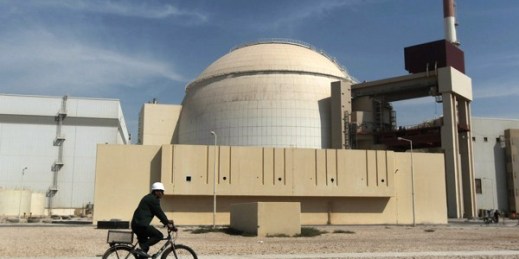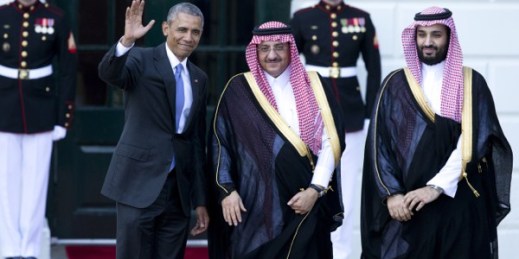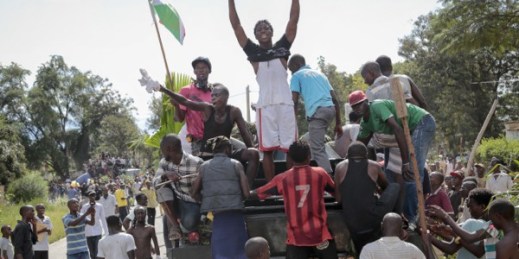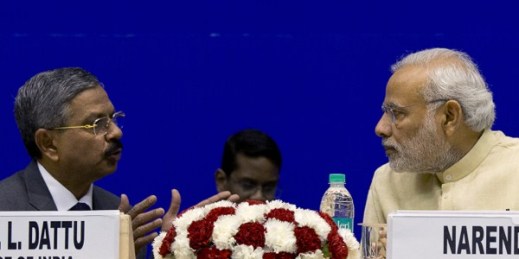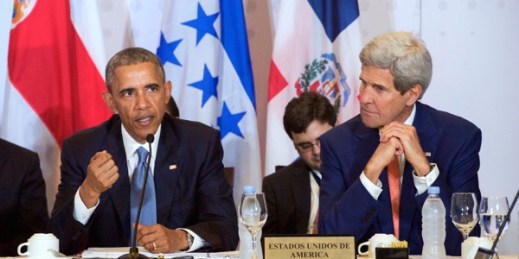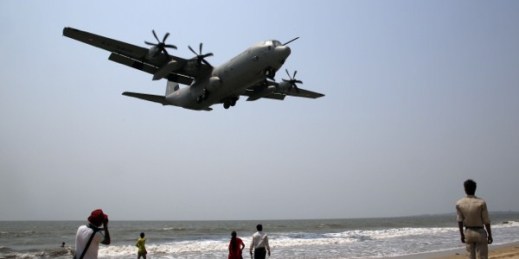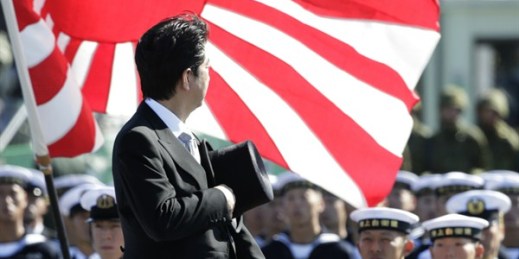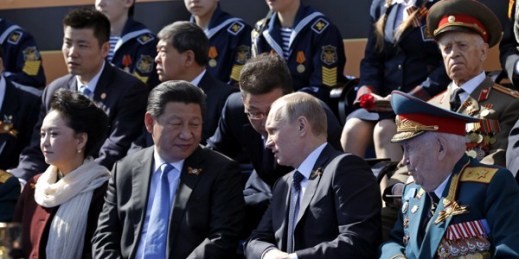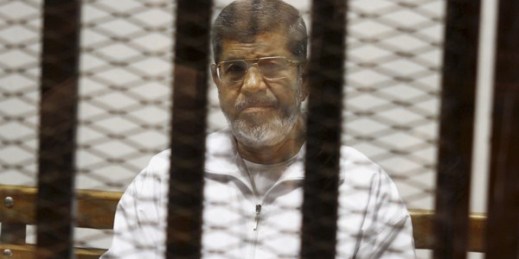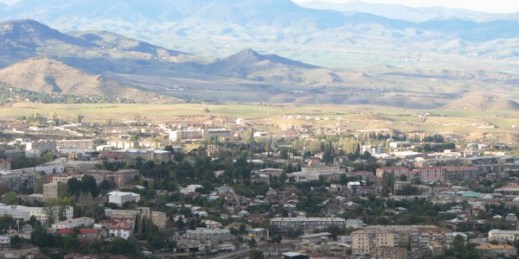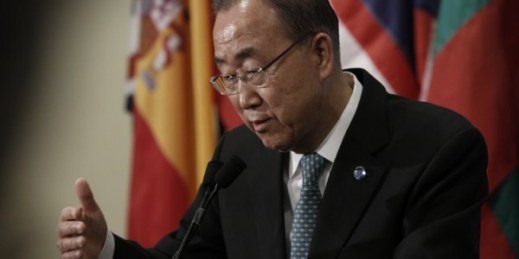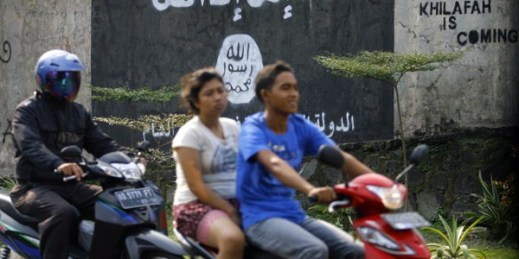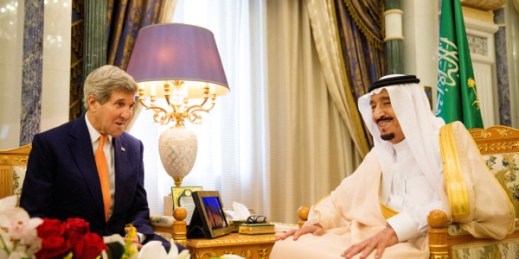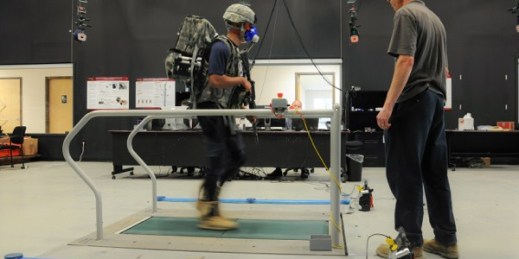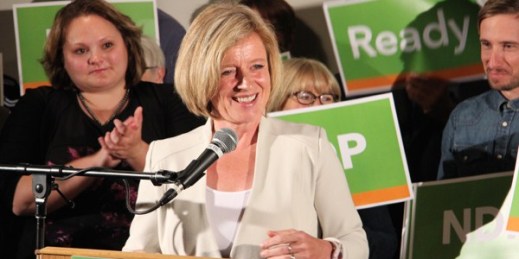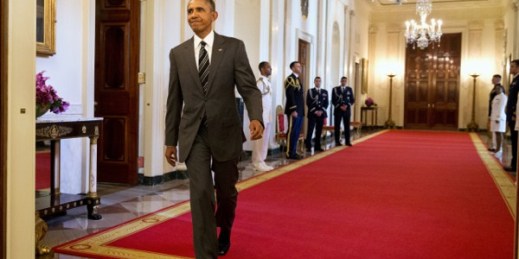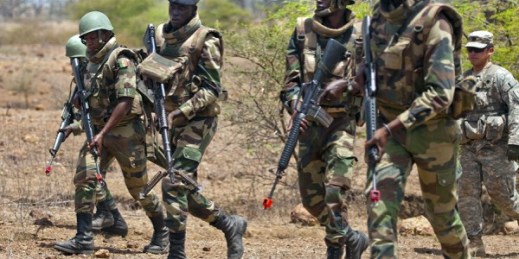
Earlier this month, Senegal’s foreign minister announced that the country was sending 2,100 troops to Saudi Arabia to participate in the coalition against Houthi rebels in Yemen. In an email interview, Alex Thurston, a visiting associate professor at Georgetown University, discussed Senegal-Saudi ties. WPR: How extensive are bilateral ties between Senegal and Saudi Arabia, and what has been their trajectory in recent years? Alex Thurston: Senegal and Saudi Arabia established diplomatic relations in 1961, following Senegal’s independence the previous year. The bilateral relationship has been strong. Senegal joined the Saudi-backed Organization of Islamic Cooperation (OIC) in 1969, the year of […]

